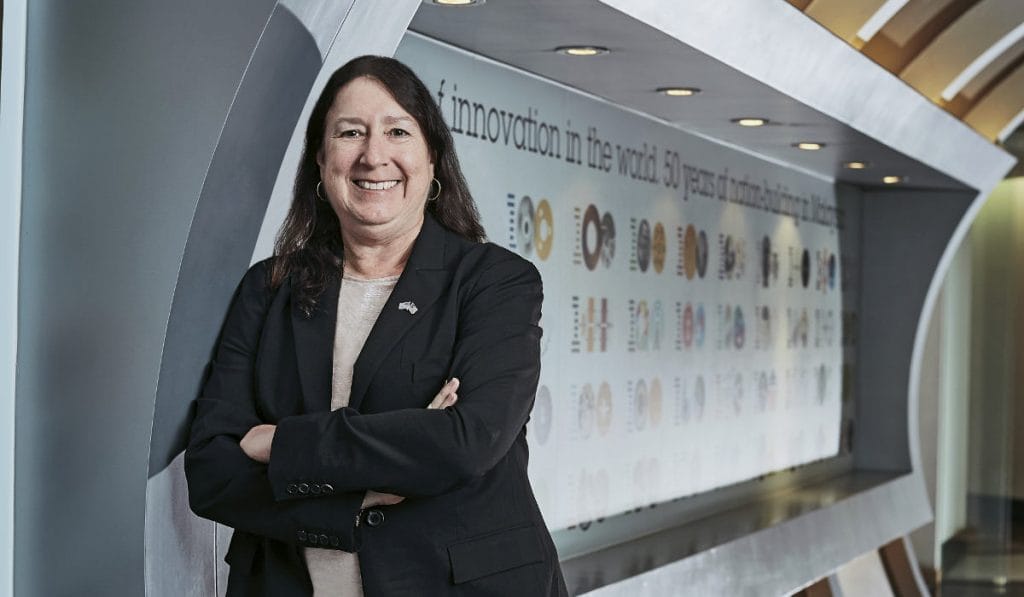What exactly do you do as the Director of Software Strategy at IBM Venture Capital Group?
I have a job that’s quite unusual for a big corporation, handling relationships with venture capitalists and other organisations in the entrepreneurial ecosystem such as US embassies, state departments, universities, local IBM offices, angel investors, accelerators and so on. I also support multiple teams in IBM, from the Watson team to the cyber security team, and I bring them information on the happenings in the start-up and investment scene, including new technologies, business models or new markets – this is where the strategy part of the title comes in. That’s why I’m here in Malaysia and exploring South-East Asia, because you can’t really understand what’s happening in a particular place unless you explore it yourself.
So, you spend your time scoping new technologies, meeting entrepreneurs, building strategic partnerships and building IBM’s portfolio through M&A. How do you know when you have something good?
IBM is a business built on relationships, so I build relationships with our business leaders to really understand their visions and strategies for their companies. Once I have that context, I can tell if what a start-up is doing would be beneficial for us. If it is, I ask if it’s complementary or competitive. If it’s not competitive, perhaps it can augment what we do and useful to our customers. So, we build partnerships with businesses that can fulfil that need and, sometimes, we buy them. IBM buys start-ups in many different places, and partners with companies and start-ups from here in Malaysia and all over South-East Asia.

Deborah Magid, the Director of Software Strategy at IBM Venture Capital Group
What areas are you particularly interested in these days?
Currently, we are interested in security and, though IBM is doing quite well in this field, we believe there’s always more that can be done. With that in mind, we are actively partnering with and purchasing companies in security. We’ve also opened up the application programming interfaces (APIs) to some of our products so that people can show the results of their analyses on our dashboard, and the results are integrated for everyone to see. //We also recently had a conversation about increasing our engagement in predictive analytics, artificial intelligence and cognitive computing. It’s one of the main focus areas when we’re looking for strategic partnerships. The good thing is that these are important areas for start-ups too, so there’s a desirable point of intersection.
What potential do you see in Malaysia that could interest the likes of IBM?
What’s happened in Malaysia and a lot of markets in the last decade is that they’re becoming hubs of innovation and entrepreneurship. When I say hubs, there are certain elements that go together: a good university system that creates skilled workforce, multinationals that may be potential clients and enough money in the system to encourage investments in start-ups.
What I really like about the tech and start-up scene in Malaysia is how well they understand the local market, developing products that are useful here, and also have the ability to expand to other markets that have similar characteristics. I think there’s just more opportunity for IBM to do business with start-ups here, as we learn about them and engage on fields that we both care about.
Do you think we’re living in a golden age of technology?
I love what’s happening now. I’m sure someone says it at every point in time, but I am confident that it’s right now. I mean, I’ve had the same job for 12 years and, while the goals are the same, the job is way more fun. I just gave a talk on Industry 4.0, or Frontier Tech as venture capitalists call it. It’s technology that’s kind of on the edge and doesn’t have a lot of adoption yet, but can transform businesses and societies. It’s virtual reality, drones, robots, self-driving cars etc.
Robotics is also becoming increasingly important. It’s already being used in manufacturing lines and they’re starting to do things that are really useful (or really silly, depending on your outlook) like delivering packages and greeting people in hotels. They’re used for remote medical diagnosis where doctors are not available in Africa. There are also robots that connect with the elderly who are isolated and living alone. There are just so many different ideas of what a robot should be and I love it! Who wouldn’t want a job with front row seats to changing the world?


